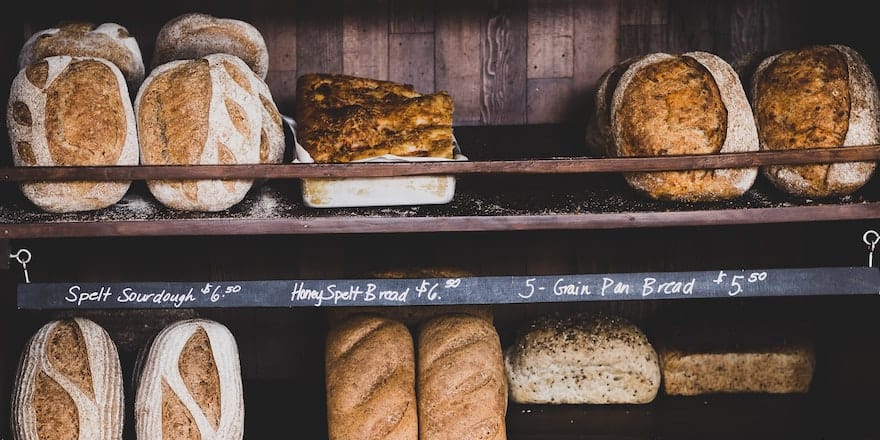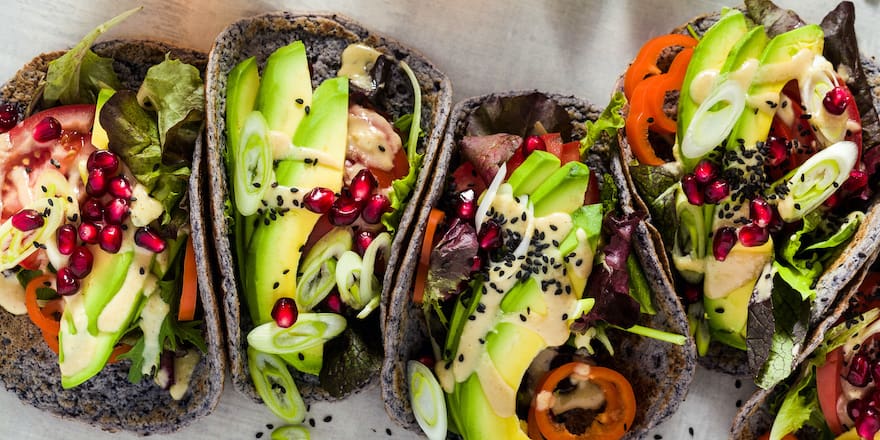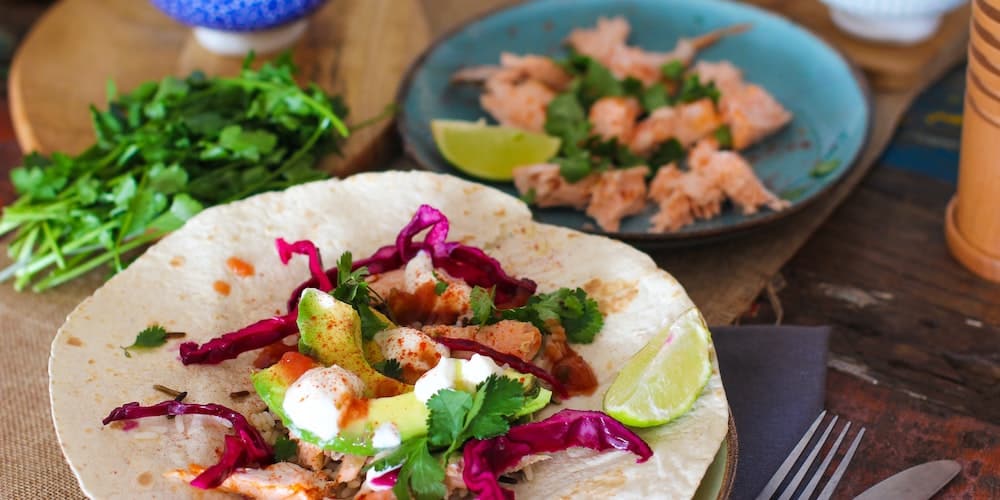For several years, bread has been put in the dock, blamed for causing digestive problems, weight gain and other discomforts in anyone who might eat a little too much.
However, bread has been in human hands since the Paleolithic era, appreciated for its taste and texture. And 60% of French people say they eat it at every meal.
So what happened for bread to be less celebrated and for us to want to find alternatives?
When we talk about bread, we most of the time mean white bread or the baguette. White bread is indeed made with refined T55 white flour, whose minerals are reduced to a minimum with 0.55 g/100 g of bread, unlike wholemeal breads with 1.55 g of minerals/100 g of bread.
In addition, the baguette has a high glycemic index (GI 55) while sourdough bread will have a GI of 35.
There are many alternatives within the broad family of bread, and other, more or less original options may also make you want to reduce your consumption of white bread.
1. The 1000 kinds of bread

One of the most popular alternatives to white bread is whole-grain bread, such as whole wheat bread or multigrain bread.
These breads contain additional fiber and nutrients that can be beneficial to our health.
I particularly like :
- rye bread, which is rich in fiber and minerals and reminds me of the taste of Breton buckwheat pancakes
- sourdough bread with authentic flavor and a composition that is particularly beneficial for the diversity of our microbiota, thanks notably to lactobacilli and yeasts
If you just want to replace white bread with another bread, there are around a hundred different breads to satisfy your taste buds.
Listen to our podcast | Divine Sourdough
From whole wheat bread, to spelt flour bread, including seed bread (sesame, poppy…), sourdough bread, corn bread, as well as brown bread and bran bread…
If you want to replace bread at breakfast, these alternatives are for you!
2. Galettes, blinis and other wraps

Buckwheat galettes, blinis or corn wraps offer an ideal alternative to bread. As a side dish or as the main course, galettes, blinis and wraps provide substance and the starchy part of your meal.
For blinis, there are many ways to make them, either by changing the flour (buckwheat, rice or chickpea flour), or by mixing the batter with spinach, zucchini, red beans or kabocha squash for example.
This adds color to your blinis while adding some vegetables, ideal for children.
3. Vegetables in a sandwich or burger

Eggplant, mushroom or sweet potato can be eaten in a sandwich! If you want to replace the bread in your sandwich or your burger bun, several healthy and tasty options are available to you.
Indeed, you can opt for vegetable-based alternatives to bread.
For example, you can make sandwiches with lettuce leaves or tomato slices, or use portobello mushrooms as buns for your hamburgers.
Personally, I love using vegetable patties, such as zucchini or carrot patties, to replace bread in my sandwiches.
Also try:
- sweet potato
- sticky rice (sushi burgers, my guilty pleasure…)
- avocado
Why replace bread?
Potential digestive discomfort
The French eat much less bread than in 1960, but it remains a staple of our meals. Many of us want to reduce or completely replace bread in our daily lives for various reasons.
Some people want to reduce their bread consumption because they experience digestive discomfort linked to various components of bread.
For patients with celiac disease, it’s more than discomfort: it’s a true intolerance to gluten that forces them to eliminate gluten entirely from their diet.
Also read | Gluten-free flour: 9 ideas for alternative and nutritious flours
For others, it’s a sensitivity to this protein found in wheat, barley, spelt and rye.
You may then experience bloating, abdominal pain, with diarrhea or constipation, sometimes fatigue and difficulty concentrating.
If you feel better after reducing gluten, you can find alternatives to bread and other products containing gluten.
These pains can also be caused by FODMAPs, notably the fructans found in wheat. But before completely removing gluten and FODMAPs from your diet, consult a healthcare professional who can run tests and assess your sensitivity.
Reduce your consumption to cut calories?
Because people are afraid of gaining weight, they think that reducing bread consumption will promote weight loss. Yet several studies show that it’s not bread that makes you gain weight but the type of bread.
Indeed, this study shows that white bread is more likely to promote obesity, whereas whole-grain, seeded, or mixed-flour breads are less likely to do so.
In any case, it’s more the amount of bread consumed over the week that will make the difference. A small piece of bread per day won’t affect your figure. If eating bread is a pleasure, don’t deprive yourself!



